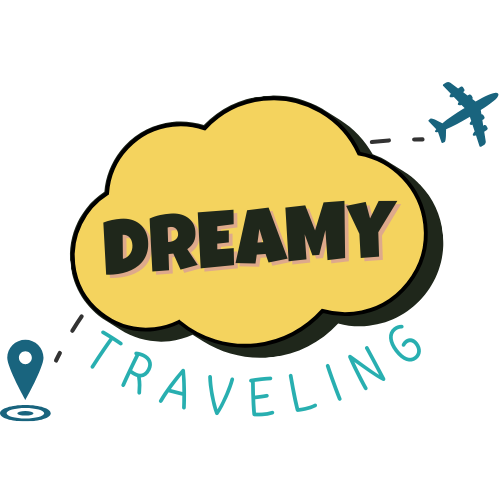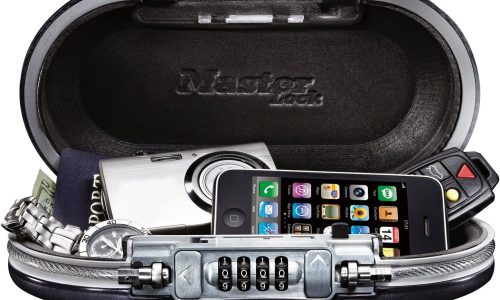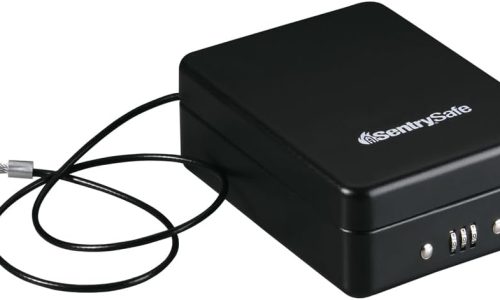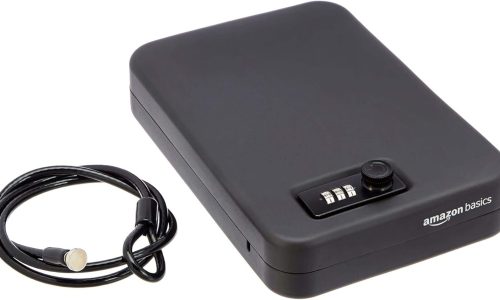
Scam Travel Agencies, Fake Tickets & More: How to Travel Safely
There’s nothing like the rush of planning a trip—until you realize your “dream deal” is actually a scam. From fake ticket confirmations to shady booking agents, travelers today face more sophisticated scams than ever before.
And while it’s easy to think, “That would never happen to me,” even experienced travelers can get caught off guard. The good news? Most travel scams are easy to avoid once you know what to look out for.
Here’s a breakdown of some of the most common travel scams out there—and how to keep your trip safe from the start.
1. Scam Travel Agencies That Disappear After Payment
You find the perfect flight and hotel bundle on an unfamiliar site, the deal looks amazing, and everything seems legitimate—until you show up at the airport and your ticket doesn’t exist.
These types of scam travel agencies are everywhere online, posing as real businesses. They often use convincing websites, fake reviews, and even forged documentation to appear trustworthy.
How to avoid it:
Always do a background check. Look for independent reviews on platforms like Trustpilot or Reddit. A quick search like “is trip.com legit” can reveal useful threads (for the record, Trip.com is a legit platform, though as always—read the fine print). Stick to well-known booking platforms, and if you’re working with a smaller agency, make sure they’re certified by a travel authority or association.
2. The Broken Taxi Meter Trick
This one’s common in major cities and tourist hubs. You hop into a cab, and the driver tells you the meter isn’t working—but offers a “special” flat rate. Spoiler: that flat rate is usually way over the going fare.
How to avoid it:
Before you get in, ask if the meter is running. If it’s not, find another cab or use a ride-hailing app like Uber, Bolt, or Grab depending on the country. It’s also smart to look up standard taxi fares before you travel so you know what’s reasonable.

3. Fake Travel Agent Scams on Social Media
Scammers have gotten savvy, especially on platforms like Instagram and Facebook. You might see an ad offering luxury trips at crazy-low prices, or someone might DM you with an “exclusive” deal that expires in a few hours. These are often part of a travel agent scam, where someone pretends to be an agent, takes your money, and vanishes.
How to avoid it:
Don’t send money to anyone who can’t verify their business. Ask for credentials, check their website, and look for real reviews (not just glowing comments from a handful of accounts). A legit travel agent will be part of a recognized agency or travel network.
4. The “Helpful Local” with an Agenda
You’re lost or looking unsure, and someone offers to help. They lead you to a shop, a different hotel, or an “uncle who has a great taxi deal.” Before you know it, you’re being pressured to buy something or pay more than expected.
How to avoid it:
If you need help, approach someone yourself—ideally someone working at a business or official desk. Be polite but wary of unsolicited help in tourist-heavy areas, especially if it seems overly persistent.
5. Fake Booking Confirmations
These are especially sneaky. Sometimes scammers create fake booking platforms—or intercept your real booking info and send you a bogus confirmation email. These emails may contain malware, or direct you to pay additional “fees” that don’t exist.
How to avoid it:
Don’t click links from unfamiliar or sketchy emails. Always log into your account on the original booking platform to verify details. Look closely at the sender’s email address—if it looks suspicious or doesn’t match the company’s domain, it’s likely a scam.
Don’t Forget Travel Insurance
Even with the best planning, things can still go sideways. Solid travel insurance won’t protect you from all scams—but it can help cover things like canceled flights, missed connections, or accommodations that fall through unexpectedly.
If you’re not sure where to start, check out our beginner’s guide to travel insurance:
👉 Travel Insurance 101: What You Need to Know Before Your Trip
It can happen to anyone–So be prepared!
Scams aren’t just a problem in far-flung destinations—they happen everywhere, and they’re constantly evolving. A little awareness can go a long way toward protecting your trip, your wallet, and your peace of mind.
Keep your eyes open, do your research, and trust your gut—especially when something sounds too good to be true.
Have you ever run into a travel scam while abroad? Share your story below so others can learn from it.



